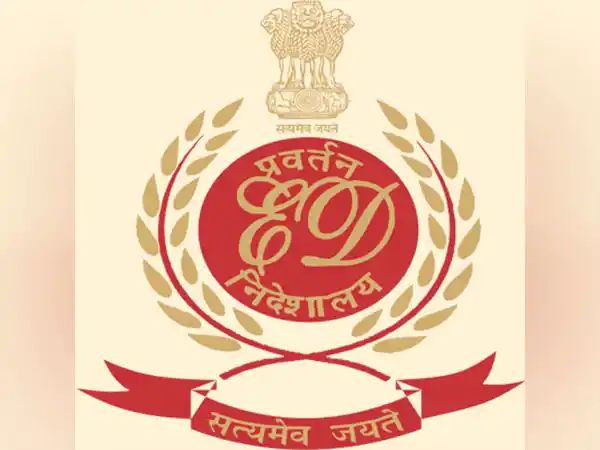India’s Biggest Mutual Fund House’s Stress Test Reveals Funds Liquidity; Don’t Miss Out On Details

SBI Mutual Fund, the leading fund house in India, has disclosed the results of stress tests conducted on its mid-cap and small-cap funds, shedding light on their liquidity profiles.
With assets under management surpassing Rs 8.50 lakh crore as of December 2023, the findings provide crucial insights into the resilience of these funds amid market fluctuations.
The SBI Small Cap Fund (SSCF), boasting a substantial size of Rs 25,533.78 crore, unveiled that it would require a maximum of 60 days to liquidate 50% of its portfolio. Furthermore, it would take 30 days to liquidate 25% of its holdings. Similarly, the SBI Mid Cap Fund (SMCF), with assets amounting to Rs 16,467.43 crore, reported that it would need 24 days to liquidate half of its portfolio. Both SSCF and SMCF maintain modest exposures to large-cap stocks, with SSCF at 6% and SMCF at under 8%.
Comparatively, Nippon India Mutual Fund’s stress tests yielded noteworthy figures. The Nippon India Small Cap Fund, the largest scheme in its category by assets managed, requires 27 days to liquidate 50% of its portfolio and 13 days for 25%. Similarly, the Nippon India Growth Fund would need seven and four days to liquidate 50% and 25% of its portfolio, respectively.
These stress test results offer valuable insights for investors, particularly those interested in midcap and small cap funds. Understanding the liquidity profiles of these funds is crucial for making informed investment decisions, especially during volatile market conditions. While the disclosed figures provide a snapshot of the funds’ liquidity positions, investors should also consider other factors such as fund performance, investment objectives, and risk appetite before making investment choices.
The disclosure of stress test outcomes underscores the commitment of fund houses like SBI Mutual Fund and Nippon India Mutual Fund to transparency and investor protection. By proactively assessing the liquidity risks associated with their funds, these institutions aim to enhance investor confidence and ensure the integrity of the market.
In light of these findings, financial experts emphasize the importance of diversification and risk management in portfolio construction. Allocating investments across various asset classes, including large cap, midcap, and small cap funds, can help mitigate risks and optimize returns over the long term.
DSP Mutual Fund Introduces New S&P BSE Liquid Rate ETF Offering Stable Returns; Buy Or Not?





